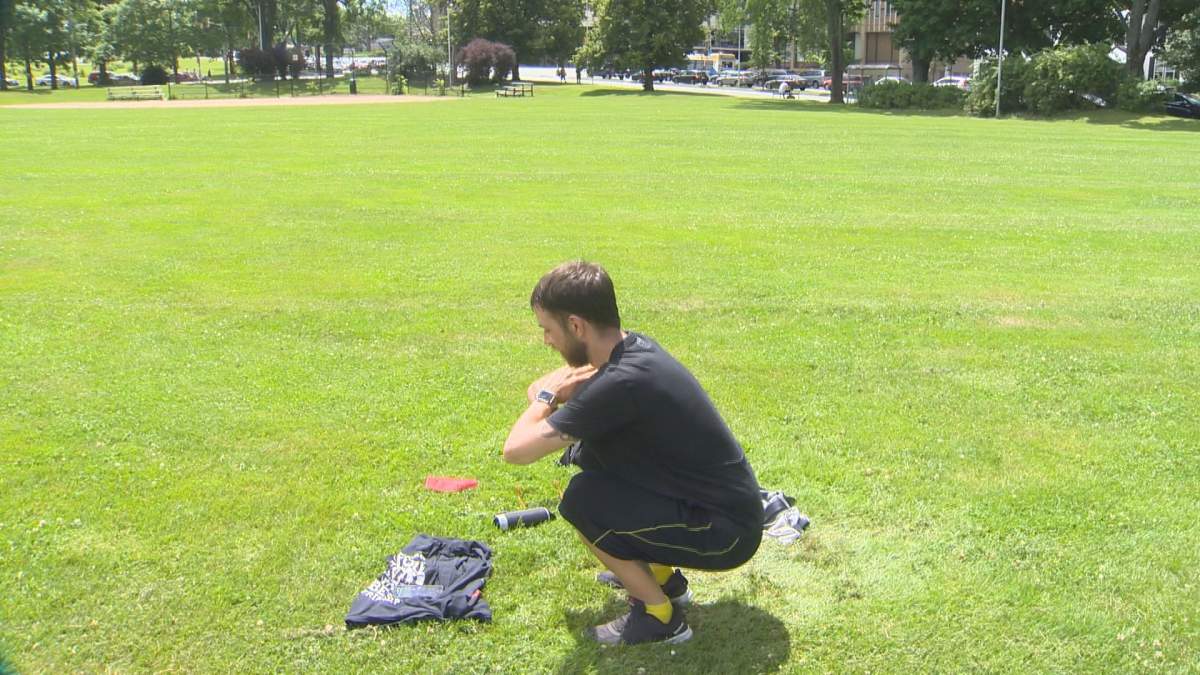Eat healthy, exercise, don’t smoke or drink alcohol.

It sounds so simple right?
An uproar was created this week due to a Facebook post by Liberal MLA Hugh MacKay, indicating Nova Scotians should consider “the immense wasted costs in treating the results of our lifestyle choices”.
Such thoughts are nothing new as health officials have long pushed the need to take proper care of oneself on the masses.
But a researcher at Dalhousie University is calling the effectiveness of that practice into question after decades of dismal results.
“One of the challenges we face is that when we focus on individual behaviour, we’re not recognizing the broader constellation of factors that influence that behaviour,” explained Sara Kirk, professor of health promotion at Dalhousie. “Individual behaviour is seen as all you need to do is eat more fruit and vegetables or be more active, but that’s really hard to do when our environment is actually undermining those behaviours.”
“Healthy behaviour is abnormal behaviour in our current environment,” she said.
Simply advising people on how to maintain good health, Kirk says, ignores many key contributing factors.

Get weekly health news
Poverty plays a big role, as healthy food typically costs more than processed.
While cities are designed for driving and not walking, cycling or other means of active transportation encourage sedentary lifestyles, she adds.
“It literally is like pushing a boulder uphill to be healthy when all of these things are at play,” Kirk said. “The very things that we need to be doing to be healthy are actually really hard to do.”
“Everybody knows what they need to be doing for good health,” she said. “Yet everything in our environment actually models the opposite.”
READ MORE: Urban and rural smoking locations not ‘realistic’ to enforce: Halifax councillor
The type of societal shift Kirk says is needed to support widespread good health habits is no small task, yet it’s still something she believes can be accomplished.
Nothing worth doing is ever easy, and though such a transition can be difficult, it would benefit more than just the individual whose health is improved.
“If we don’t create the conditions to support those behaviours,” Kirk said, “we really are not going to see the changes that we want to see.”









Comments
Want to discuss? Please read our Commenting Policy first.